The RAMP project is currently contributed and co-funded by several people. We acknowledge the main contributors to the latest version of the software in the recent publication in the Journal of Open Source Software.
Of course, many more people have contributed to RAMP throughout its evolution. We acknowledge all code contributors on GitHub, while other collaborators who did not necessarily contribute to the code are featured in the scientific publications. You can get an overview of RAMP’s history below.
 Mid 2018. There is no open-source software to simulate energy demand time series based on partial and uncertain data. We decide to address this gap in a small team of three institutions. The RAMP project is born.
Mid 2018. There is no open-source software to simulate energy demand time series based on partial and uncertain data. We decide to address this gap in a small team of three institutions. The RAMP project is born.
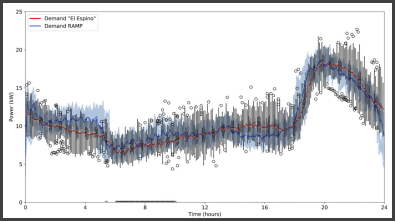
Jun 2019. RAMP is validated against real-world data, peer-reviewed and released openly on GitHub.
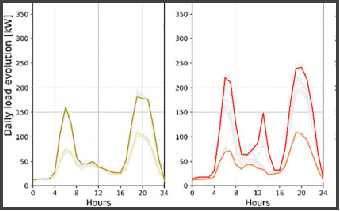
 Feb 2020. RAMP starts walking on its own legs. Many institutions use it for their own studies.
Feb 2020. RAMP starts walking on its own legs. Many institutions use it for their own studies.
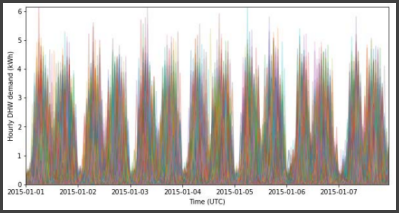 Jul 2020. As per the original plan, RAMP branches out to other energy carriers. Some of the original developers use it to simulate domestic hot water demand time series in Italy
Jul 2020. As per the original plan, RAMP branches out to other energy carriers. Some of the original developers use it to simulate domestic hot water demand time series in Italy
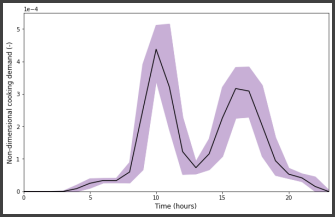
Feb 2021. The multi-carrier vocation of the tool grows. RAMP is used to simulate cooking energy demand time series across Europe in the context of EU-funded projects.
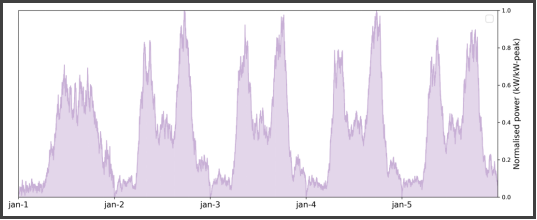 Oct 2021. It is about time for an application to passenger mobility time series. The standalone RAMP-mobility application to simulate mobility and charging time series of electric vehicles across Europe is made publicly available.
Oct 2021. It is about time for an application to passenger mobility time series. The standalone RAMP-mobility application to simulate mobility and charging time series of electric vehicles across Europe is made publicly available.
 Feb 2022. The peer-reviewed publication of RAMP-mobility, including its validation, is finally out. New institutions start using both RAMP and RAMP-mobility
Feb 2022. The peer-reviewed publication of RAMP-mobility, including its validation, is finally out. New institutions start using both RAMP and RAMP-mobility
Jun 2022. TU Delft, the Reiner Lemoine Institut, the VITO Research Center and the University of Liège join forces to co-fund the development of a 'next-gen' version of RAMP. More user-friendly and efficient, installable via pip and more extensively documented.
Feb 2023. The first nex-gen version of RAMP is released as v0.4.0! See the development page to discover all the new features. Next step: connect RAMP-mobility to this line of development, making it a plug-and-play application of the base RAMP software. Stay tuned!
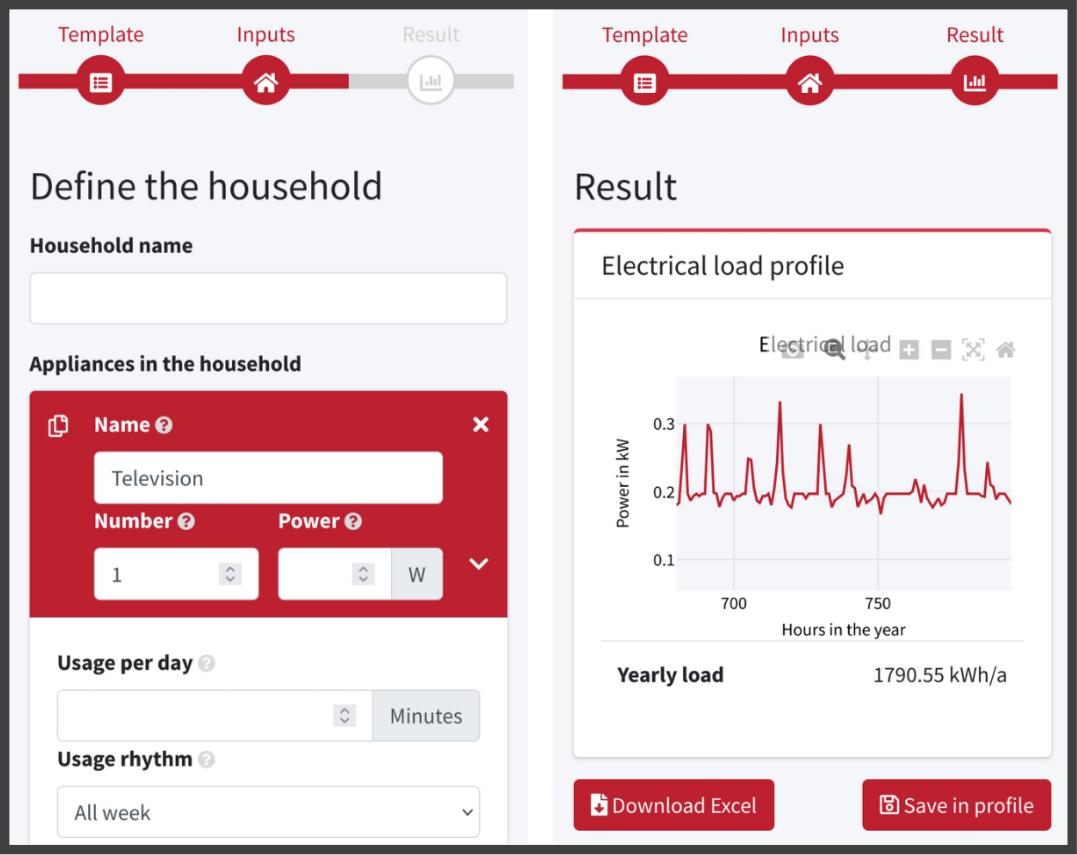
 Jun 2023. New institutions reuse RAMP and RAMP-mobility, develop interfaces for use with the public or industry and join our development process. More publications based on RAMP pop up around the world.
Jun 2023. New institutions reuse RAMP and RAMP-mobility, develop interfaces for use with the public or industry and join our development process. More publications based on RAMP pop up around the world.
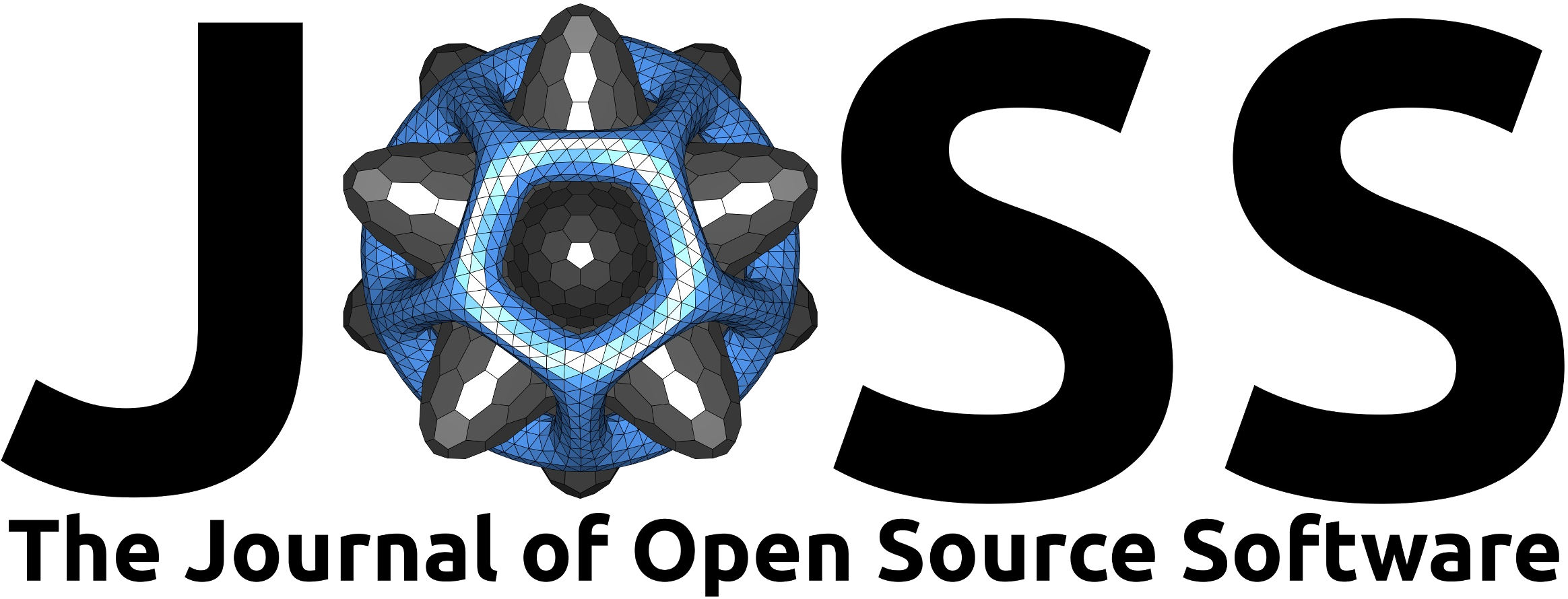 Jun 2024. RAMP's code is peer-reviewed, published in the Journal of Open Source Software, and released in a new, further enhanced version. This formalises RAMP as a co-development project contributed by many people and institutions.
Jun 2024. RAMP's code is peer-reviewed, published in the Journal of Open Source Software, and released in a new, further enhanced version. This formalises RAMP as a co-development project contributed by many people and institutions.






